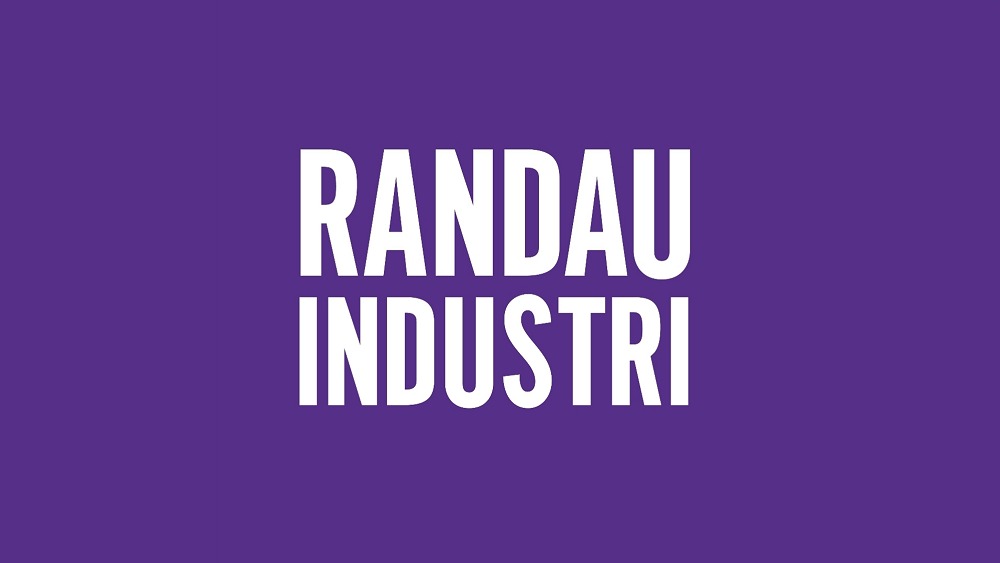By Albert Chai
Managing Director, Malaysia, Cisco

According to UNESCO, more than 1.5 billion students in 188 countries were out of school due to COVID-19 last year, representing over 91 percent of the world’s student population.
Across East Asia and the Pacific, UNICEF reported that such closures have affected over 325 million children, and despite some countries allowing schools to reopen late last year, learning was severely affected.
With the pandemic slowing down in some parts of the region, governments are now developing the next steps to plan the safe reopening of schools, and it has taken various forms.
Some countries, such as Singapore, have already welcomed back students last year, while others, such as Indonesia and Malaysia continue to close school gates while resuming 2021’s classes with home-based teaching and online remote learning tools.
Invariably, the pandemic has exposed vast disparities in countries’ emergency preparedness to enable remote learning and further spotlights the digital divide.
There is a broad consensus on the need to assess and address some of the inadequacies and inequities in education systems across the region that we observed in 2020.
This ranges from access to internet connectivity and computers and the supportive environments and infrastructure required to enable virtual learning, to the misalignment between resources of schools and the needs of students.
When addressed correctly, these challenges could become the catalyst for governments, education institutions and technology providers to start laying the foundation for a more inclusive and crisis-resilient education system in a post COVID-19 world.
Enabling bespoke blended learning
Technology is truly powerful when combined with education but access has been unequal. We have seen how this pandemic has exposed the vulnerabilities of an education system that was not equipped for remote learning.
At one end of the spectrum, you have institutions that are used to delivering remote learning at scale in normal business circumstances. On the other end you have remote areas where internet access is not even a given.
Administrators and educators are grappling with an overnight change in how to connect the unconnected, drive new methods of teaching and learning, and secure the new virtual classroom.
We have to do everything we can to allow students to continue to learn and distance learning collaboration tools (including video conferencing like Webex) have become a lifeline for students to continue their education while on lockdown or under stay-at-home orders.
Collaboration tools that are intuitive and provide high functionality for both teachers and students can address current needs while enabling access to specialised materials in multiple formats.
The use of virtual board on Webex for example replicates the in-classroom teaching method that has been proven to produce better learning outcomes.
This can help learners, teachers and academic institutions transition into sustainable blended learning (combining online learning with traditional face-to-face interaction).
To assist educators in this challenging time, educational institutions that use Webex get a heavily discounted price and pay just for their staff, while all student licenses are free.
To support teachers who want to be more involved in tailoring lessons to meet students’ needs, intelligent digital learning systems can help analyse how students’ study, the tasks that keep them engaged, and the problems they can solve.
Artificial Intelligence and Machine Learning can then adapt the learning experience to suit students’ personal learning styles with great granularity and precision.
As a result, academic institutions today can go beyond offering one-size-fits-all courses to developing personalised learning experiences that guarantee better student performance and overall outcome.
Leading student engagement platform, Involvio, for example has been leveraging mobile and big data to improve student engagement and experience.
It developed the world's most advanced platform which includes a highly personalised branded student app, robust attendance tracking capabilities, and a suite of administrative dashboards and analytics.
It also launched 'Remote Campus', to help schools transition students to 100% online learning, keeping them connected and engaged despite not being in the traditional campus environment.
Changing curriculum and content
There is no doubt that the workforce of the future is also going to require new skills and capabilities, underpinned by a wide range of innovative digital technologies.
Academic institutions must revaluate education content to deliver the skills required for the future.
Remote learning for example, is a powerful tool for tailoring curriculum to ensure that students are familiarised with technology and have easier access to courses that will meet the future demands of the economy.
According to Emerging Disruptors from the Pandemic, a recent whitepaper released by Cisco, curriculums will need to balance between facilitating students’ autonomy and capacity for independent self-learning while enabling easier access to more courses that will meet the future demands of the economy.
Consequently, assessments should not only focus on the extent to which students have gained the knowledge in the curriculum, but also the skills and competencies demonstrated during the period of remote learning.
The Future Right Skills Network (comprising Accenture, Cisco, and Quest Alliance) for example is driving career-readiness for over 1.5 million youths in India by empowering them with digital literacy skills.
Beyond cultivating their growth and preparing them for the future, the consortium also aims to assist students in the journey of continuously learning, upskilling and re-skilling, making the initiative dynamic and sustainable for the long term.
Transforming pedagogy and teaching
As blended learning becomes more integrated into the mainstream, students will be encouraged to take charge of their own learning, which can lead to improvements in their communications skills and academic abilities.
Through the flipped classroom (a subset of the blended learning experience) approach for example, students can watch pre-recorded videos of their teachers’ lessons at home before attending classes.
Time spent in class can then repurposed into a workshop where students can raise questions about the content of the lecture they have watched or collaborate with their friends to complete an assignment, all under the guidance of their teacher.
Such methods provide an opportunity for teachers and academic institutions to innovate and improve their teaching methods. This will require building on existing teaching and communication skills, as well as developing technical skills to integrate the right digital tools into their student engagement methods.
New realities in the Malaysian education landscape
Like every other industry, academia in Malaysia has been disrupted by the pandemic and the effects of such disruptions will be felt for years to come.
Governments and academic institutions will have to take a hard look at the operations and current methodology, and measure them against success factors of the future.
As majority of the world’s student population is not able to go to schools right now, this calls for a complete upheaval of education for 1.5 billion students and millions of teachers worldwide.
Distance learning is the only option and it’s forcing schools to take long avoided digital transformation seriously.
Cisco is on the front lines, working with hundreds of schools from rural elementary schools to renowned universities, to help them dramatically expand or adopt for the first-time distance learning technologies like Webex and Webex Teams.
Ultimately, ensuring that all students can succeed at school and develop the knowledge needed to allow them to contribute to society should be at the heart of local and global agendas.
It is now up to us to build a more resilient digital infrastructure for our education system to generate even greater potential in this new era. - DagangNews.com











